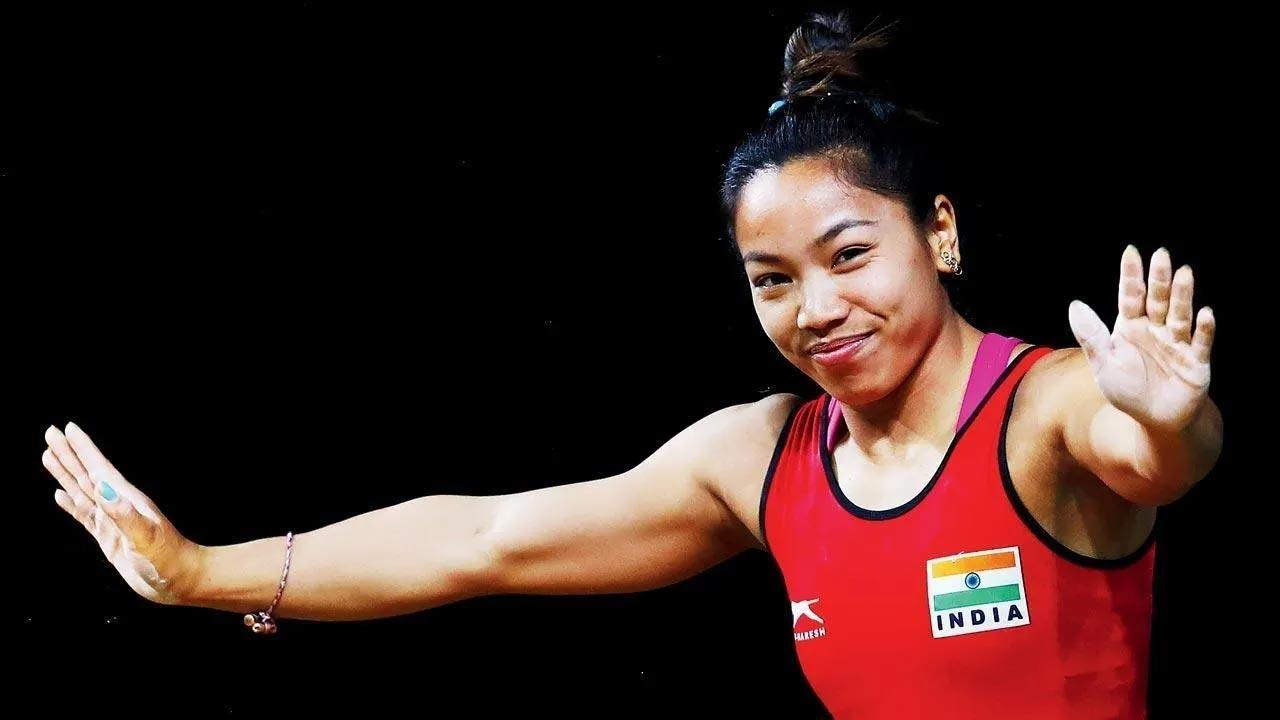Olympic Mind Games: Why the mental health of elite sportspersons is in focus
Updated On: 25 July, 2021 06:06 PM IST | Mumbai | Nascimento Pinto
The 2020 Tokyo Olympics are underway and the pressure of representing the country at the highest level globally is on every athlete’s mind. It all comes down to their ability to manage nerves. An expert sheds light on the present state of mental health in Indian sport, while an ex-Olympian talks about past indifference to that subject

Indian weightlifter Saikhom Mirabai Chanu clinched the silver medal in the 49 kg category at the 2020 Tokyo Olympics. Photo: file pic
It was a special start for the Indian contingent at the Tokyo Olympics 2020. Five years after failing to reach the final due to an invalid lift, Saikhom Mirabai Chanu, India’s sole weightlifter secured the silver medal for the country on July 24, the first day of the ongoing games. She battled depression and injuries to come back stronger with mental resilience and the will to succeed. Chanu’s renewed vigour is a testament of the work she did after that disappointment in 2016. Admitting to being nervous because it was her first Olympics, she returned home and took the help of a psychologist and personally saw a difference in her performances.
Sports psychologists are slowly becoming an active part of an athlete’s preparation to perform at the world stage. The adoption of Dhyana, an official meditation app for the ongoing Olympics, is another recent example of the developing awareness in the sports fraternity about mental health. While their physical fitness is important, it is being recognised — both in conversation and in action — that psychological well-being is paramount too.




